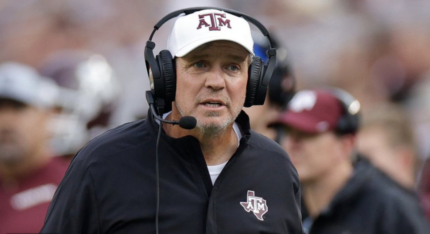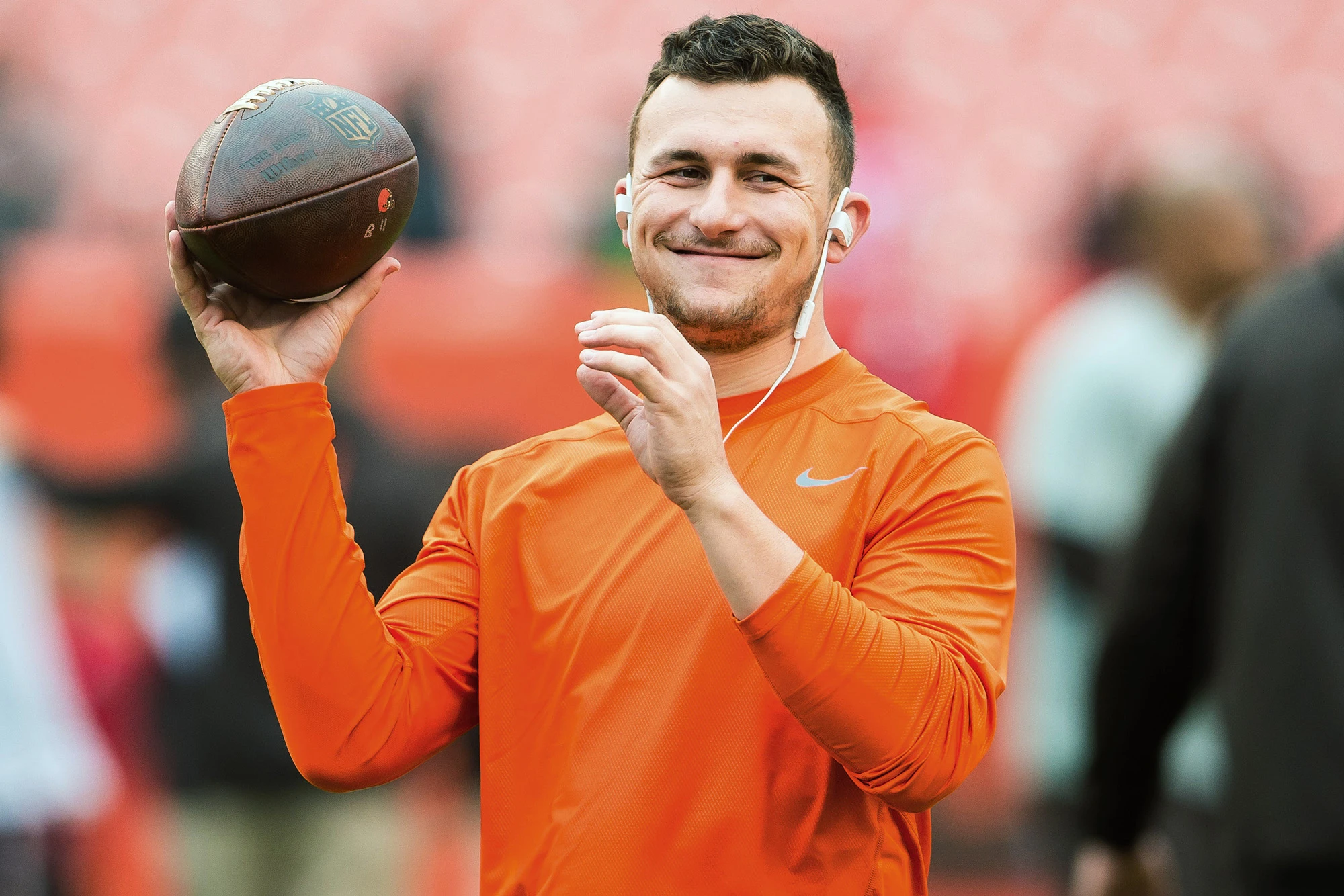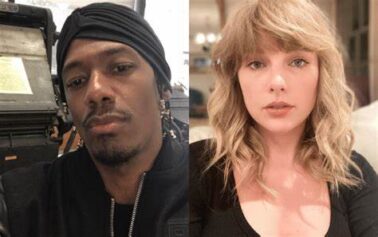Johnny Manziel’s alleged autograph business has had an interesting effect, hasn’t it? More than ever, the public and media are taking the NCAA to task for the way it does business. Curiously, none of them saw these problems when Terrelle Pryor et al were strong-armed into playing in the Sugar Bowl three years ago.
So what took everyone so long to join this NCAA-hating party? Many of us have been here forever, railing against this exploitative regime. But during this time we were met with questions like “so how would you pay the players?” — as if this exploitation should continue simply because we hadn’t worked out the logistics. We’ve been sold the idea that college enrollment — often and erroneously called “education” — should double as currency, even though schools often cover tuition and stipends for students who provide services for their universities. We were told athletes already get more than the average student, while it’s never mentioned that reconstructive surgeries also belong on that list of free stuff.
Now, we have plenty of company from people who were finally driven over the line by a kid with access to means that may have hit for a quick lick by signing his name. Forgive me if I’m made uneasy by the company.
If your problem is that the NCAA is picking on a kid that rode a great nickname to the nation’s affection, you’re missing the point. If you just can’t see why the NCAA won’t let student-athletes profit from their likenesses, you’re off, too. If your problem is simply the NCAA’s actions or its phony concept of amateurism, you’re not thinking deeply enough.
Those issues are fundamentally about right and wrong, so much so that it’s insane to think it took a kid from means flagrantly breaking the rules for so many to recognize the injustice of it all.
The NCAA purports itself to be dedicated to improving the lives of its athletes, but its rules are designed to prevent their empowerment. Why else would players be allowed to give their autographs to brokers, who will profit from them without giving individual schools or the NCAA a cut, but not sell them? From its restrictions on earnings and one-year scholarships to the time demands that make it difficult for athletes to get broad social and academic educations, NCAA rules make players dependent on their programs. Even with all the shiny objects athletes are allowed to touch — but not trade or keep — it is an existence that borders on cruelty.
That’s not incidental, and it’s not simply based in greed. It’s about control. Players are purposely made to be needy. At every turn, the NCAA and the programs wish to remind players that they need to play ball more than anyone needs them to play. Athletes are relegated to serfdom, ironically beholden to lords who would have nothing without them. That’s more than a matter of economics or anything pragmatic. It is a basic, human issue of principle.
But, back in the day, when I would hear people talk about the NCAA, that principle was rarely critiqued.
Forget about the kids who could sell autographs on the side. Think about the guys who aren’t famous enough for fans to want to buy their jerseys. Their struggles are, for the most part, more dire than Manziel’s, but they receive far less attention. And those struggles won’t be fixed by some model that allows them to earn money off their likenesses, so long as 95 percent of a football roster is anonymous to the masses.
Athletes shouldn’t have to find a way to be paid. They should simply be paid. They shouldn’t just be treated fairly. They should be treated with respect. And they shouldn’t just be treated like cogs in a machine. They should be treated like what they are — the reason, in spite of whatever reservations we have, we watch these games at all.
If you are truly just coming to hate the NCAA now, I hope it has to do with more than just an affection for one player. There are so many more players dealing with much greater hardship at the hands of their athletic masters, and much more severe instances of hypocrisy.
The NCAA is a non-profit organization with no true cause. It claims dedication to its students while using them to make sure everyone gets paid but them. It is a racket, one that takes donations to make millionaires of coaches while stopping those it claims to work for from accepting crumbs that fall from anyone elses plate. It will be a racket long after Johnny Manziel leaves campus, and there will be plenty who need the same empathy and protection Manziel has been afforded, that so many before him were denied.
So if you’re at this NCAA-hating party, here’s to hoping it’s because you care about all of he players, not just one of them. Otherwise, this contrarian burst will prove to be a fad, even though it should be a movement.



